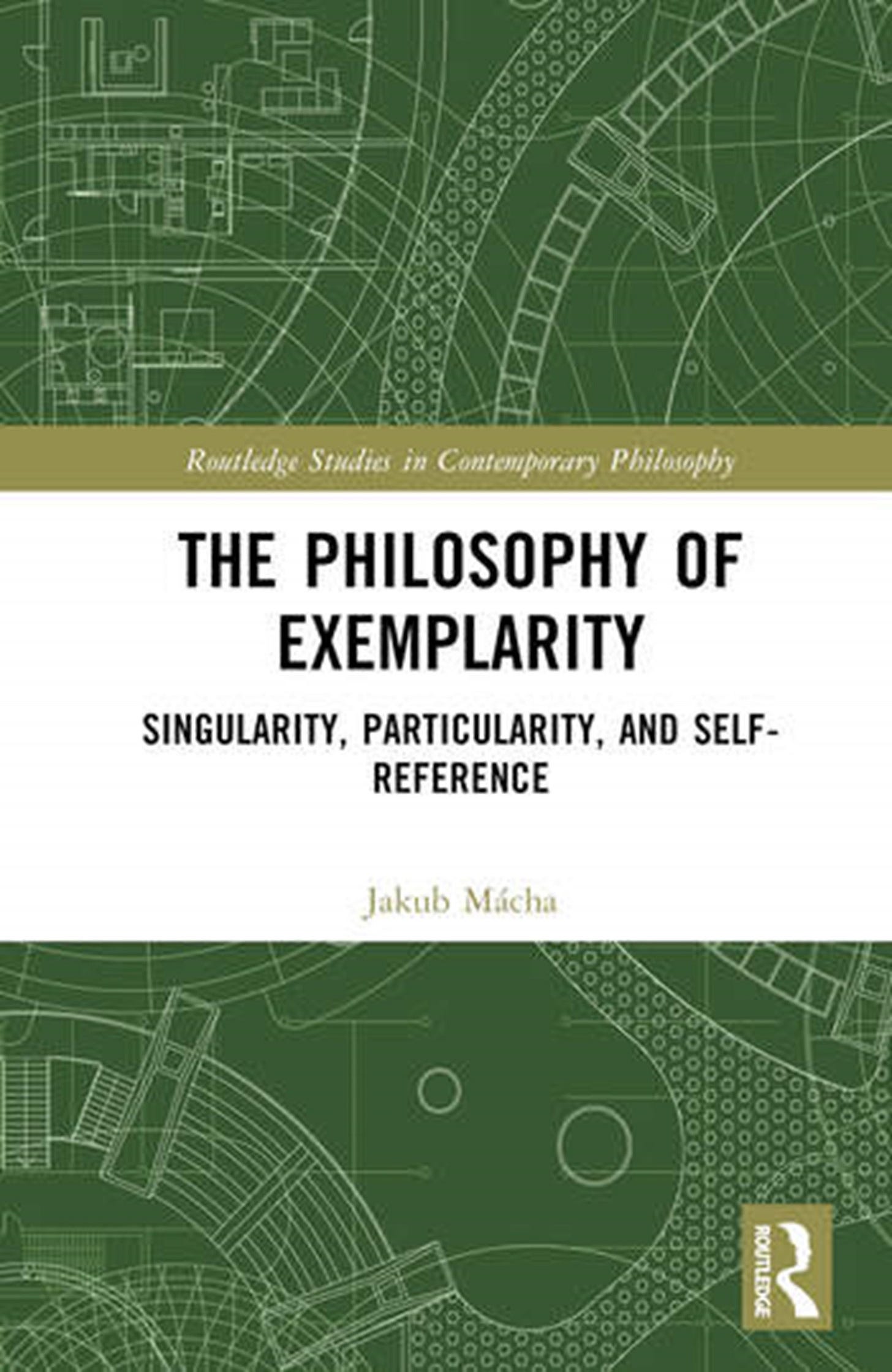Jakub Mácha (Masaryk University), “The Philosophy of Exemplarity: Singularity, Particularity, and Self-Reference"
Routledge, 2023
Providing or finding an example is a way of reaching a generality or universal. One can ask for an example of a courageous deed in order to get sense of what courage is in general. One concrete example of a courageous deed is when Captain Sully safely landed on the Hudson River in New York City in 2009. Examples are instances that illustrate a general concept or law. Now, universals can be defined through paradigms – or exemplars as I prefer to call them. In contrast to examples, exemplars are normative. One exemplar of courage is when the Greek hero Perseus went on a dangerous quest to slay the Medusa and save the princess Andromeda. In this manner, we can define a courageous deed as one that is, in relevant aspects, similar to that of Perseus. My preferred paradigm or exemplar that I discuss throughout the book is the Standard Meter in Paris, which serves as a paradigm for defining the length of objects. An object is considered to be one meter long if it is the same length as the Standard Meter. The Standard Meter is the exemplar, i.e., the norm of what 1 meter is. It is not a mere example of this length.
In this book I develop an epistemological theory based on two main insights:
The first one, adopted from Derrida’s deconstruction, is that there is no strict difference between illustrative examples and normative exemplars. Each example can assume the role of an exemplar, i.e., become the etalon of the class it exemplifies. We cannot draw a rigorous difference between the deeds of Perseus and Sully. Even Sully’s landing can be used to define what courage is. In this case, Perseus’ rescue of Andromeda would be seen as simply one example of courage. I argue these roles are inevitably mixed. There is no pure example and no pure exemplar.
The second insight, derived from the later works of Wittgenstein, asserts that an exemplar cannot be either included within or excluded from the class it defines. This paradoxical claim generalizes Wittgenstein’s enigmatic statement about the Standard Meter. He writes in §50 of his Philosophical Investigations: “There is one thing of which one can state neither that it is 1 meter long, nor that it is not 1 meter long, and that is the Standard Meter in Paris.” Wittgenstein suggests that this insight holds true about other exemplars as well.
I interpret this insight to indicate that exemplars operate under a peculiar neither-nor logic (which is, in fact, a paracomplete logic that defies the law of the excluded middle). Its domain is incomplete, meaning it is limited only when an attempt is made to apply an exemplar to itself in a self-referential manner. Let us consider again Perseus’ rescue of Andromeda. We could say with some caution it is the Standard Courage. The question arises now: Is the Standard Courage courageous? If all courageous deeds are similar to that of Perseus, what of Perseus’ own actions? Can they be considered similar to themselves? On the other hand, it would seem strange to declare that Perseus actions are not courageous in any way. The upshot is that this paradoxical logic is applicable, to a certain degree, to both examples and exemplars, as long as a clear distinction between them cannot be established.
In the latter part of the book, I illustrate this epistemological model through four historical examples: Plato’s theory of Forms, Kant’s account of reflective judgment, Hegel’s conceptual moment of particularity, and Kuhn’s widely recognized theory of paradigms. They all move between examples and exemplars which are neither included into nor excluded from the classes they exemplify. The book concludes by exploring the speculative hypothesis that all of our knowledge is founded on exemplars and paradigms. My primary motivation for this hypothesis is that it provides a better explanation for our understanding of universal concepts compared to any other approach. However, if this thesis is considered a paradigm of exemplarity, then, in accordance with its own logic, it cannot be definitively classified as either true or false.
Check the publisher’s site here or here. And here is a preview with the introductory chapter.






